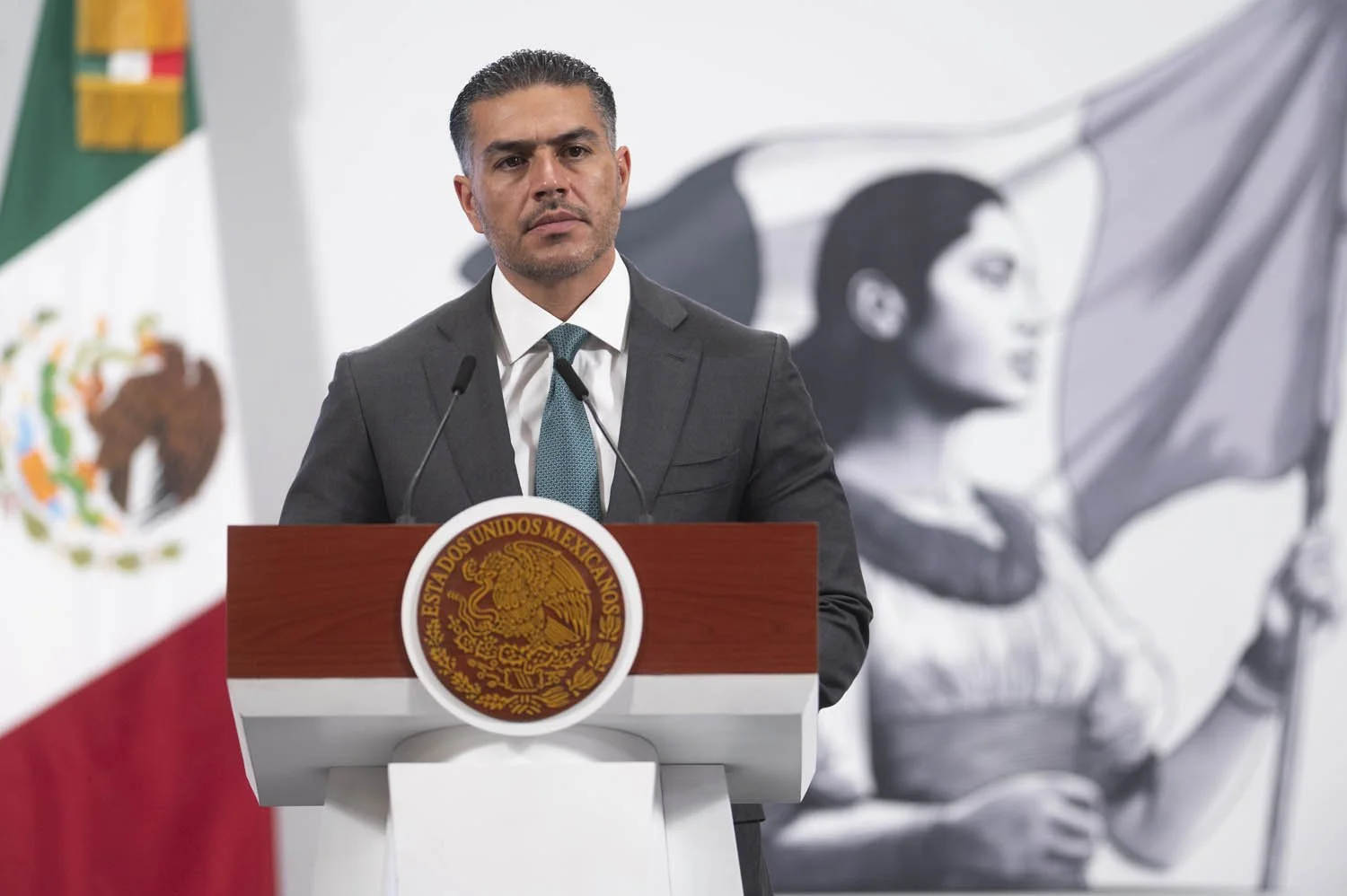These are Mexico’s five new public security laws, and this is what they do
by Alexandra Helfgott. Ms. Helfgott is a MPP in Global Affairs candidate at Yale’s Jackson School of Public Affairs and authors the Substack Moments in Mexico.
—
President Claudia Sheinbaum has accelerated the momentum initiated by her predecessor to overhaul Mexico’s approach to public security. Her administration has pursued a strategic transformation of the country’s security framework. While these laws are framed as tools for enhancing transparency and accountability, critics argue they threaten the rule of law and civil liberties.
This shift began under President Andrés Manuel López Obrador (AMLO), who in 2019 created the National Guard, a civilian force meant to replace military deployments following the 2006 launch of the War on Drugs. AMLO and allies described the Guard as a temporary force crucial to restoring accountability in security efforts. However, the Guard’s role quickly expanded, taking over customs and border control, infrastructure projects like Tren Maya, and migration enforcement. It evolved into a central pillar of Mexico’s security strategy. Just before leaving office, Congress approved a constitutional reform placing the Guard under military control (SEDENA), following a failed 2023 attempt blocked by the Supreme Court.
Less than a year into office, Sheinbaum has embraced continuity, introducing over 20 bills in an extraordinary congressional session. Several of these will significantly alter public security policy, sparking concerns about increasing surveillance and militarization.
These are the five new laws and reforms that will fundamentally transform Mexico’s national security approach.
National Guard Law
The reform aligns existing laws with the constitutional change, establishing a new National Guard Law and eight secondary laws. The Guard is now officially a military body, alongside the Army, Air Force, and Navy. In a fundamental shift, the Guard can conduct investigations, lead covert operations, and access telecom metadata without judicial approval. Guardsmen may also hold civilian office. Despite a 2023 Supreme Court ruling barring it, the Guard continues managing migration operations with the National Migration Institute. This marks a major departure from constitutional precedent, which has mandated that military forces are only permitted to pursue military discipline in times of peace.
National Intelligence and Investigation System Law
Nicknamed “Ley Espía” (Spy Law), this creates a nationwide platform integrating data from all government levels and private entities. It includes biometric, health, banking, and telecom data. Updates are mandatory across the public and private sector, and must be made daily. Critically, no warrant is required for access, and AI will assist in processing the information.
General National Public Security System Law
This law aims to strengthen collaboration across federal, state, and local levels under the President’s security strategy. It creates a National Information System with records on court and judicial activity, weapons, and more.
Amendment to Mexico’s General Population Law
This reform mandates biometric data integration with the CURP, Mexico’s national ID number. Instead of presenting an ID at an appointment, individuals must use fingerprint or facial recognition technology for identification.
Amendment to the General Law on Forced Disappearances
This law introduces a proposal for a Single Identity Platform with the stated aim of searching for missing persons. It allows real-time database consultations across CURPs, the National Registry of Missing People, the National Forensic Database, and other records.
Collectively, these laws redefine the nature of civil and military power in Mexico. Together, these laws, amendments, and reforms both establish and expand an extensive and well-defined web of state-sponsored surveillance and further deepen Mexico’s ongoing militarization. While AMLO laid the groundwork, Sheinbaum has actively reinforced and expanded it. This is more than security reform. This extends beyond security reform, but rather a structural reconfiguration of how Mexico’s government governs and a fundamental transformation of civil-military relations in the country. Despite promises of transparency and peace, the lack of oversight mechanisms raises serious concerns about the future of democracy and rule of law in Mexico.


